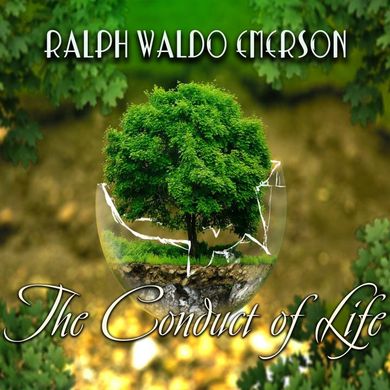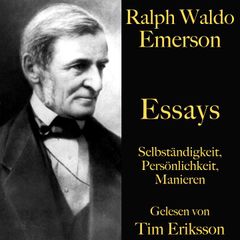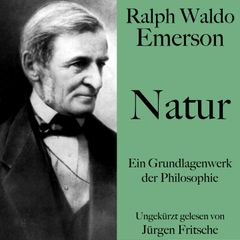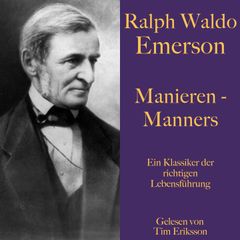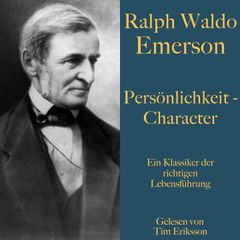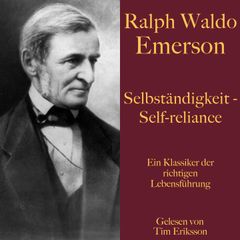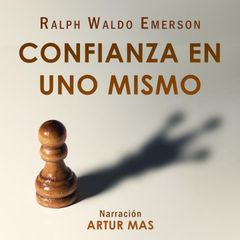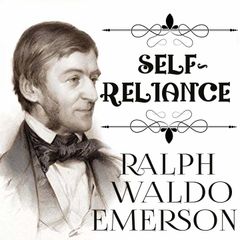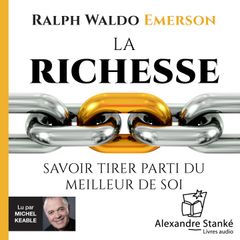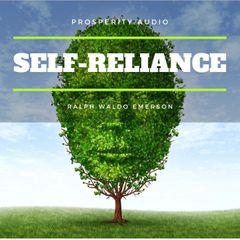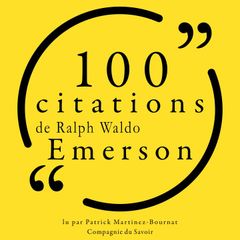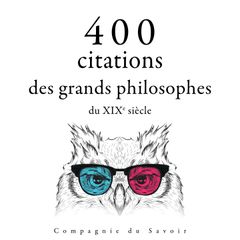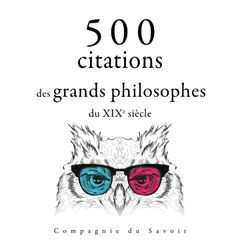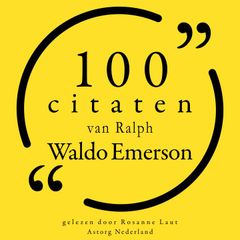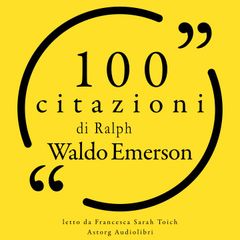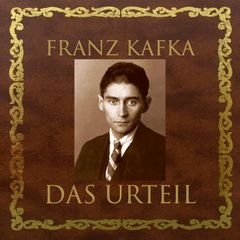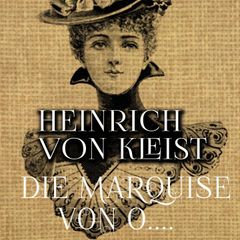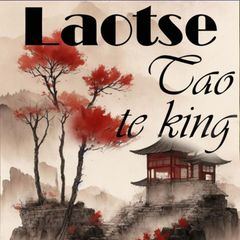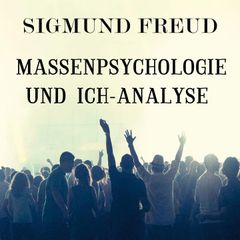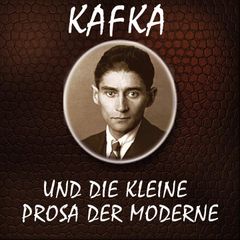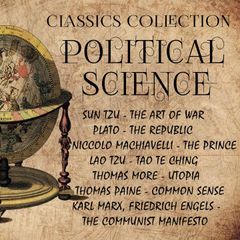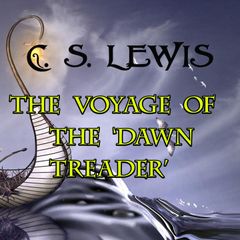- Audiolibro
- 2025
- 7 hrs 17 min
- Strelbytskyy Multimedia Publishing
Search Links
Título
The Conduct of Life
Descripción
Life does not unfold by design. It moves, shifts, adapts—sometimes in harmony, often in chaos. What, then, is the right way to live? With his signature clarity and quiet defiance, Ralph Waldo Emerson steps beyond theory into the pulse of everyday existence. He does not prescribe rigid formulas but instead offers something sharper: a way of seeing.
Here, work is not mere labor but an act of self-realization. Power is not control but a force that shapes character. Fate is not an iron law but a current to navigate. Love, culture, beauty, behavior—each finds its place, not as abstract ideals but as forces in motion. Emerson does not soften reality; he meets it head-on, stripping away illusions, demanding engagement.
There are no final answers, only the insistence that life must be lived with both strength and openness. This is not a manual for comfort but for those who seek meaning beyond convention, who recognize that the path is not given—it is made.
In The Conduct of Life, Emerson's exploration unfolds across these essays, each a facet of life's ever-changing design:
I. Fate
II. Power
III. Wealth
IV. Culture
V. Behavior
VI. Worship
VII. Considerations by the Way
VIII. Beauty
IX. Illusions
En listas públicas de estos usuarios
Este audiolibro no está ninguna lista
Detalles del producto
Editorial:
Autor:
Título:
The Conduct of Life
narrado por:
Idioma:
EN
ISBN de audio:
4069828291065
Fecha de publicación:
27 de marzo de 2025
Palabras clave:
Duración
7 hrs 17 min
Tipo de producto
AUDIO
Explícito:
No
Audiodrama:
No
Unabridged:
Sí
Sobre el autor:
Ralph Waldo Emerson (May 25, 1803 – April 27, 1882) was a writer, lecturer, and thinker who reshaped American intellectual life. Born in Boston into a family of ministers, he lost his father at eight and was raised by a fiercely determined mother. He attended Harvard at fourteen, briefly taught school, and then followed family tradition into the ministry. But the death of his first wife, Ellen, in 1831 shattered his faith in organized religion. He resigned from the church and set off for Europe, where he met the great minds of his time—Coleridge, Carlyle, and Wordsworth—who deepened his belief in individual thought over inherited dogma.
Back in America, he settled in Concord, Massachusetts, and became the leading voice of transcendentalism. His 1836 essay Nature called for a new way of seeing the world—one that placed intuition above reason and the divine within the self. His lectures and essays, including Self-Reliance and The American Scholar, urged Americans to trust their own voices rather than look to Europe for intellectual authority.
A magnetic speaker, Emerson crisscrossed the country delivering lectures on topics ranging from history to self-improvement. He mentored Henry David Thoreau and influenced countless others, from Walt Whitman to Friedrich Nietzsche. Despite his growing fame, he remained a private man, happiest in his study or walking through the woods of Concord.
In later years, his memory faded, and he quietly withdrew from public life. Yet his words endured, shaping generations of writers, philosophers, and seekers. His call for self-reliance and intellectual independence remains as relevant today as it was in his time.
